The Limitations of Consent Decrees
Written by Sarah Buchlaw, Decriminalizing Communities Organizer — June 2023
On Friday, June 16, the U.S. Department of Justice released their report on the practices and culture of the Minneapolis Police Department, finding:
“The Department of Justice has reasonable cause to believe that the City of Minneapolis and the Minneapolis Police Department engage in a pattern or practice of conduct that deprives people of their rights under the Constitution and federal law:
MPD uses excessive force, including unjustified deadly force and other types of force.
MPD unlawfully discriminates against Black and Native American people in its enforcement activities.
MPD violates the rights of people engaged in protected speech.
MPD and the City discriminate against people with behavioral health disabilities when responding to calls for assistance.”
Now the Department and the City of Minneapolis must settle on the conditions of a consent decree, setting the stage for a long road ahead. The consent decree will only be lifted when a federal judge rules that Minneapolis has fulfilled the terms of their agreement, a process which has taken over a decade in cities like Detroit and Seattle.
Unfortunately, we already know that a consent decree will not create the transformative change we need in Minneapolis. A publication by Interrupting Criminalization, Project Nia, and Critical Resistance outlines four questions for evaluating the transformative potential of police reforms:
Does this reduce funding to police?
Challenge the notion that police increase safety?
Reduce tools, tactics, technology policy have at their disposal?
Reduce the scale of policing?
Let’s consider these questions when it comes to increased training, a common focus of consent decrees: More training will require more resources to support them, reinforces beliefs that police harm only occurs because of lack of training, increases other police resources, and increases the scope of policing (for example, training police to also respond to mental health crises.)
Consent decrees also fail to account for changes in movements for police transformation over time, lead to backsliding in the years following their completion, and can be leveraged to undermine city council and community measures for accountability. Police departments and unions can block these accountability measures by arguing that they somehow compromise the objectives of the consent decree.
The future Minneapolis consent decree may decrease some of the routine harm of the Minneapolis Police Department, but reinventing this system in this way will not liberate Black, brown, and indigenous people, poor people, queer people, and other marginalized communities from police violence.
